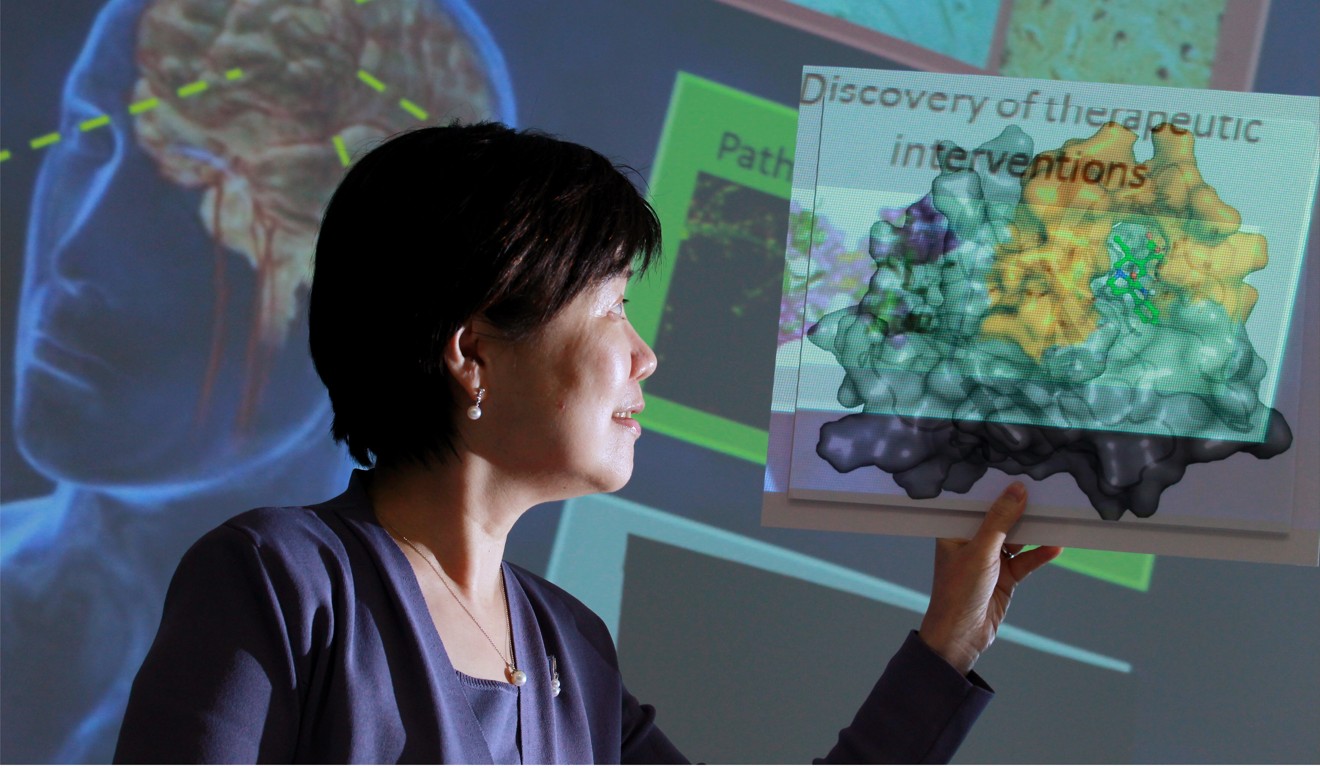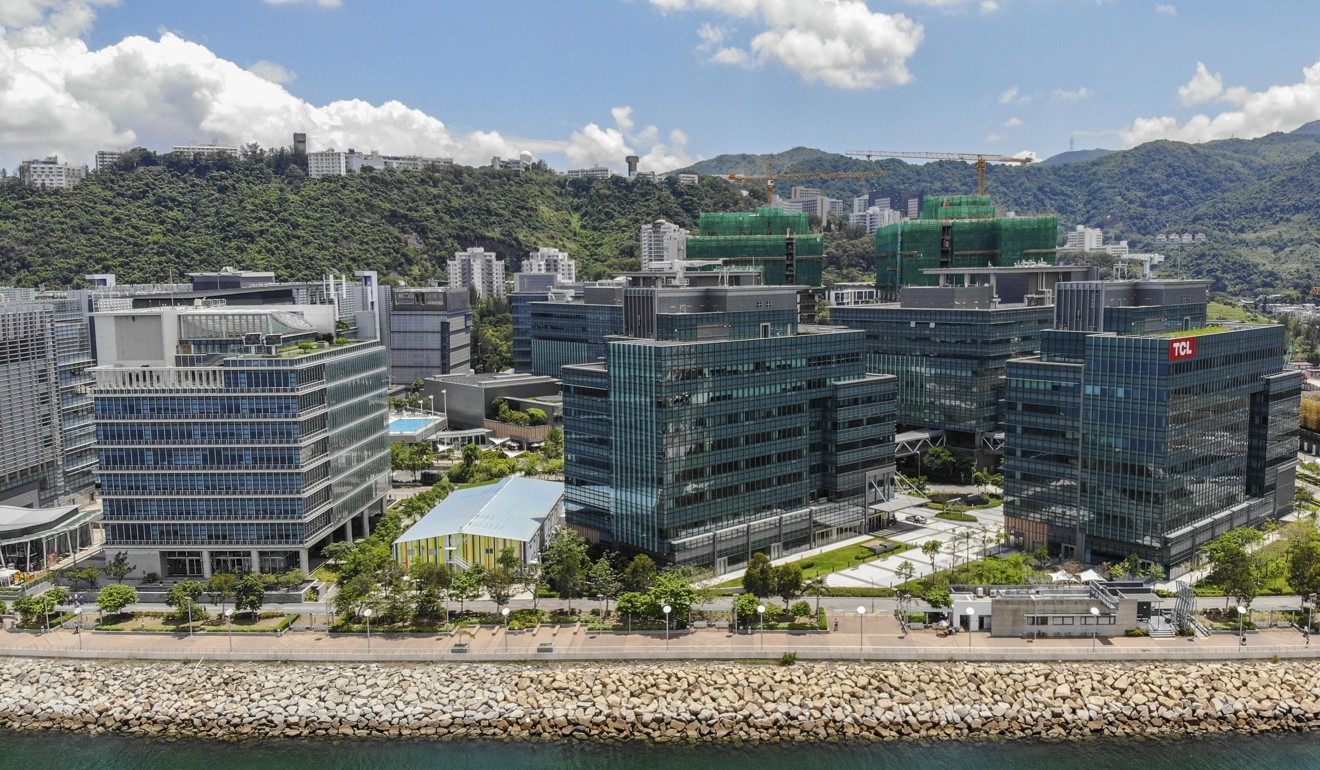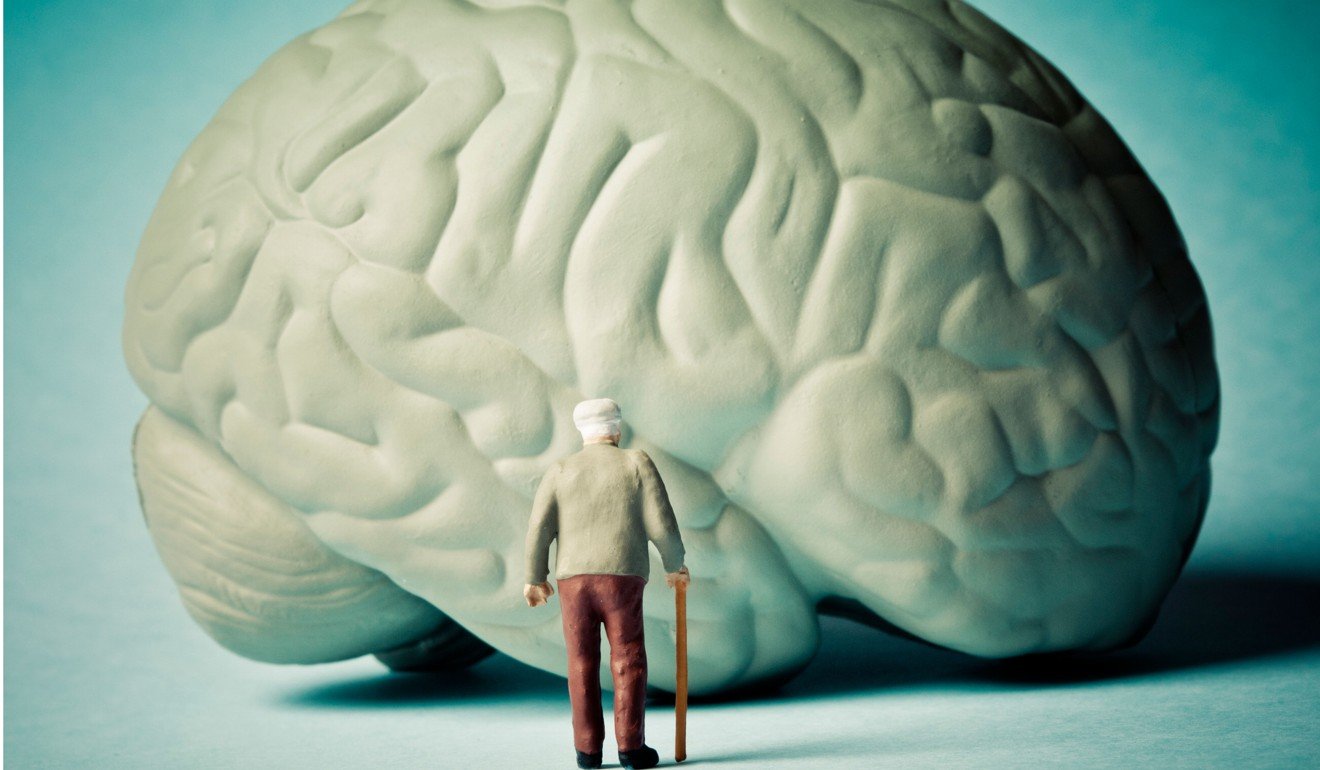
Hong Kong university joins forces with top overseas institutions to set up city’s first international research centre on dementia and other neurodegenerative diseases
- Harvard Medical School, Stanford University School of Medicine and University College London plan to set up centre with HKUST
- Preparation work for centre could start in the middle of the year if application is approved, academic says
The first international research centre in Hong Kong to focus on neurodegenerative diseases such as dementia will be established jointly by a local university and three top overseas institutions.
The centre, to be set up by Hong Kong University of Science and Technology (HKUST), will look into Alzheimer’s disease, the most common cause of dementia, together with Harvard Medical School, Stanford University School of Medicine and University College London (UCL).
It aims to be part of a research cluster in the city, for which plans were announced in last year’s budget.

Lam said she was hopeful the consortium would lead to significant advances in the diagnosis and treatment of neurodegenerative diseases, and provide world-class opportunities for local scientists, as well as establish the city as an international centre for research in such ailments.
Professor John Hardy, a top neuroscientist from UCL, said he was drawn to the Hong Kong partnership because of different genetic variants related to the diseases found in Asian and European populations.
“The genetics here is different, and it’s different in interesting ways. Those interesting ways might lead to different approaches to therapy,” Hardy said.
One in two women at risk of stroke, dementia or Parkinson’s, study finds
Professor Clifford Woolf from Boston Children’s Hospital, a teaching hospital of Harvard, hoped to look into the links between the diseases and Asians, who had been studied less in this area compared with Caucasians.
By looking into stem cell samples collected from Asian patients, Woolf wanted to understand how similar or different the features of the diseases were from those affecting Caucasians.

The institutions have submitted an application to include the centre in Health@InnoHK, one of the two clusters to be set up in the Hong Kong Science Park in Sha Tin.
One cluster will cover health care and the other artificial intelligence and robotics.
Lam first said in her policy address in October last year that, it was hoped the first batch of research institutions would set up laboratories in the two clusters progressively starting from the second half of this year.
Hong Kong faces ‘dementia tsunami’ as its population ages
Professor Nancy Ip Yuk-yu, vice-president for research and development at HKUST, said if their application was approved, preparation work for the centre could start in the middle of the year.
She did not reveal how much funding the centre was applying for from the cluster initiative, but said they would seek additional financing to support the collaboration.
The centre’s research would be in three major directions such as identifying biomarkers of Alzheimer’s disease to help develop an early diagnosis method, Ip said. A biomarker is a biological feature that can be used to measure the presence or progress of a disease.

Researchers also aimed to further explore the pathological mechanism of Alzheimer’s disease as to help develop medication and to understand the role of ageing in those neurodegenerative diseases.
“These three institutions would bring to Hong Kong their expertise that I think would further strengthen the research capabilities at the centre,” Ip said.
In Hong Kong, about one in every 10 people aged 70 or older suffers from dementia. The number with dementia was estimated to increase from more than 100,000 in 2009, to around 300,000 in 2039.
Globally, the number was believed to be close 50 million in 2017 and expected to reach 131.5 million in 2050.

